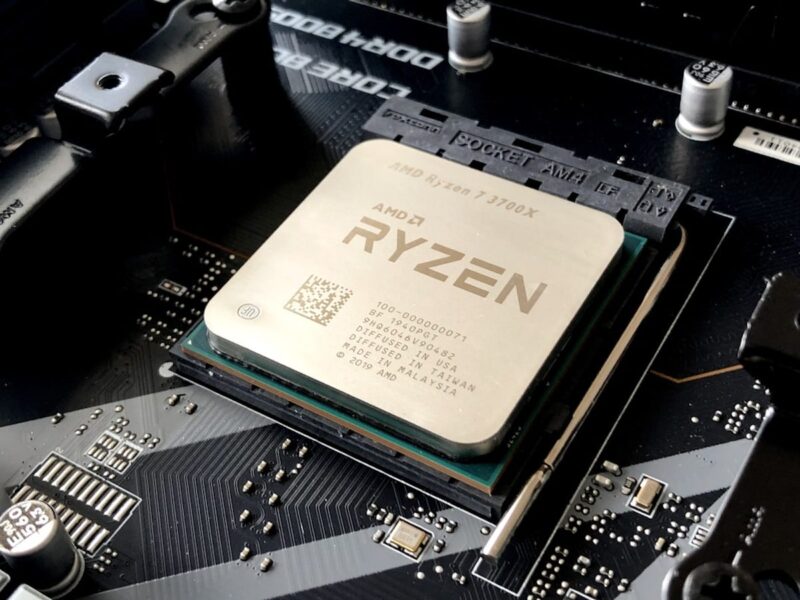Nvidia Corp. addressed Chinese regulator concerns regarding “tracking and positioning” risks in its H20 AI chips, with its Chief Security Officer denying the presence of undisclosed functionalities. The company’s response follows a summons from China’s cyberspace regulator and precedes a broader U.S. policy discussion on technology export tracking. Nvidia stock closed higher by 1.06% to $182.74 on Friday.
David Reber Jr., Nvidia’s Chief Security Officer, stated in a blog post last week that “There are no back doors in Nvidia chips. No kill switches. No spyware. That’s not how trustworthy systems are built — and never will be.” Reber further elaborated that any secret access designed to remotely disable hardware or monitor usage would ultimately pose a significant vulnerability, potentially exploitable by external parties. He characterized such hidden controls as “dangerous vulnerabilities that need to be eliminated,” asserting that hard-coded, single-point controls would be “a gift to hackers and hostile actors.”
This denial by Nvidia occurred after the U.S. partially eased export restrictions on Nvidia’s H20 accelerators designated for China, which subsequently led to increased scrutiny from Beijing. China’s Cyberspace Administration formally requested the chipmaker provide clarification regarding potential “back doors” in the chips. Simultaneously, U.S. officials initiated examinations into methods for more effectively monitoring the final destinations of advanced accelerator technologies.
Discussions in Washington, D.C., are progressing concerning related policy measures. A proposed “Chip Security Act” is currently under consideration, which aims to incorporate location verification mechanisms for export-controlled AI chips and certain high-end consumer GPUs. Representative Bill Huizenga (R-Mich.), a sponsor of this proposed legislation, informed the Washington Post that the measure would not mandate “spyware” or “kill switches,” describing claims to the contrary as “disingenuous.”
Enforcement activities are also intensifying in this domain. The Justice Department recently filed charges against two Chinese nationals. These individuals were accused of illicitly smuggling restricted GPUs worth tens of millions of dollars into China by routing them through various third countries.

